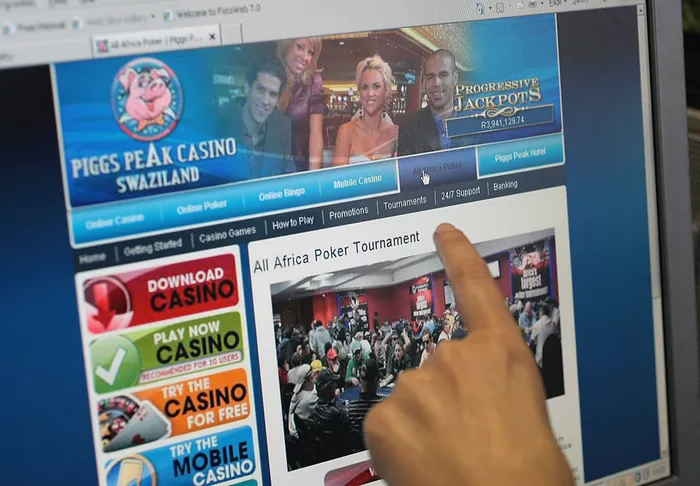Bookmakers call for guardrails to protect grant recipients amid R55bn illegal gambling racket
ILLEGAL GAMBLING

SABA CEO, Sean Coleman, said findings from a recent study conducted by YieldSec, a global market intelligence firm, identified more than 2 000 illegal gambling operators and more than 1 100 affiliate sites actively targeting South African consumers over the past year.
Image: File
The South African Bookmakers Association (SABA) is proposing the introduction of guardrails over social grants and NSFAS grants to help curb the rapid rise of online gambling, which it says now accounts for 62% (R55 billion) of the country’s gambling market.
More than 16 million South Africans — about 27% of the population — are interacting with unlicensed gambling platforms, many of which operate offshore.
SABA on Tuesday said it is engaging with the Department of Sport, Arts and Culture amid growing concern that some illegal foreign operators are sponsoring local and national sporting teams.
These include Dafabet, an offshore betting company that sponsors the South African cricket team and holds naming rights at the Eastern Cape Stadium, as well as the Durban Supergiants in the T20 cricket competition.
SABA CEO, Sean Coleman, said findings from a recent study conducted by YieldSec, a global market intelligence firm, identified more than 2 000 illegal gambling operators and more than 1 100 affiliate sites actively targeting South African consumers in the 2023/2024fiscal year.
Coleman confirmed that SABA has written to Minister of Sports, Arts and Culture Gayton McKenzie regarding the Dafabet sponsorship of national and provincial teams, but has yet to receive a response.
He said the illegal market is estimated to account for 62.25% of total online gambling — almost double that of the legal market in terms of gross gaming revenue (GGR) — with vast sums flowing offshore.
He added that one of the most popular crash game's is Aviator.
Coleman said the Aviator game has a 98.5% return to player rate, meaning the operator’s margin is just 1.5%, In terms of the recently published NGB statistics for the 2024/2025 fiscal year turnover is recorded as R1.5 trillion. He said that figure represents betting volume, not losses.
"So I just wanted to draw that distinction because there's been a lot of focus about the R1.5trln and the fact that it includes the bet cycle. The proposed guardrails with regards to SASA and NSFAS, it's not within the banking sector," Coleman said.
"My understanding is that SASA will have a database of grant recipients via their ID numbers, and so will NSFAS. So it's not to do with the bank, it's to do directly with the Department of Social Development who would be the custodians of that SABA database. And then in terms of NSFAS, it would be the Department of Higher Education."
Coleman said SABA has been in talks with the SA Responsible Gambling Foundation who are in contact with both departments to explore database access and automatic exclusion of grant beneficiaries attempting to gamble online.
He said SABA proposed a number of interventions, including tech-driven intervention, DNS blocking - a technique that prevents users from accessing certain websites by making the Domain Name System (DNS) refuse to resolve the requested domain name into an IP address - often a first line of defense.
"Blocking and geofencing, slightly more stringent, restricting access to unlicensed sites based on the user's geographic location," he said.
"This is applicable in a number of jurisdictions and one that has worked very well in the UK with the UK gambling Commission issuing cease and desist letters to various jurisdictions and ensuring that those sites are geoblocked to their customers."
Coleman criticised the National Gambling Board (NGB) for failing to keep pace with digital developments, describing the regulator as “very dysfunctional.”
"They haven't come on board. Everything is still done on a fairly manual basis. And that doesn't help the industry," he said.
"We've developed an option to digitize the self-exclusion register. We've offered it to them. They've declined our invitation to work together with them. And so we are looking at other ways to achieve those guardrails."
BUSINESS REPORT